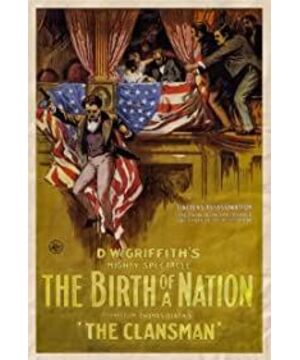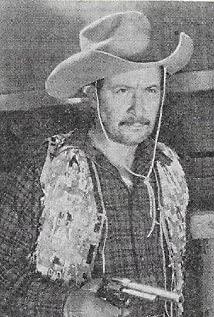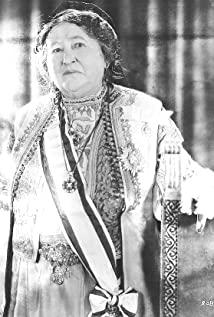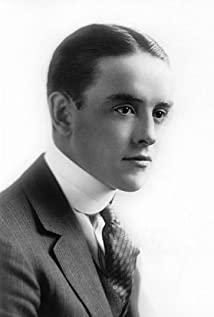film takes place during the Civil War, when the North defeated the South, allowing the black man on the man to become independent, gain the right to vote, and free the black man from slavery. At this time, an organization featuring nationalism and advocating "white supremacy" - the KKK was born. The background of the story is such an environment, and the KKK is also praised.
The main line of the film is two families, the Stonemans in the north and the Camerons in the south. Stoneman's eldest son fell in love with Margaret Cameron, and there was love between Ben Cameron and Aisy Stoneman. The background is more vivid in the connection between this small story and the big background. The film is divided into two parts. The first part is the Civil War until the assassination of President Lincoln, and the second part is the reconstruction. The Stoneman family came to the South to lead the black people to seize the political initiative. The power of the black people was enlarged and the white people were oppressed. Eventually the appearance of the KKK changed the situation, white people were free again, and the two lovers were together.
Despite its controversial plot, the film was praised by many critics. Roger Ebert said: "The Birth of a Nation is not a bad movie because it advocates evil. Like Leni Riefenstahl's Triumph of the Will, it is a A great film that defends evil. Knowing how it defends evil is not just about learning more about the film, but also about learning more about evil."
Film historian Jonathan Lapper On the contrary, he argued that the film should no longer be considered a classic. In "The Myth of a Nation," he wrote: "Most critics (already) developed a pattern of reaction to the film that continues to this day: praising the film's technique. , condemn the content of the film, let the trump card of technology trump the content, and finally declare it a masterpiece.” But he believes that it is hypocritical to dichotomize the content and technology of the film.
View more about The Birth of a Nation reviews











